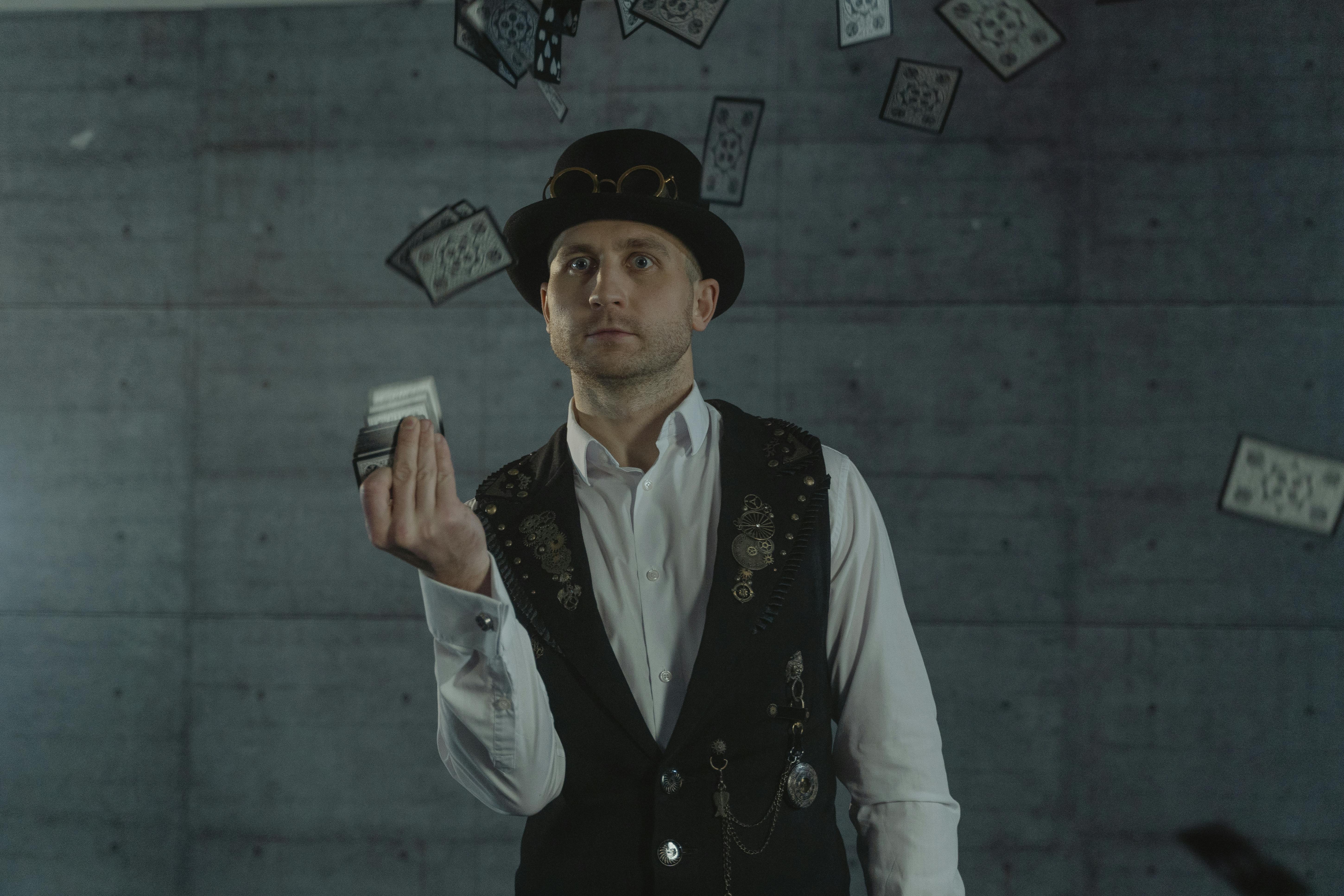Our (American) Cultural Myths of Romantic Love
One thing I’ve been particularly sensitive to lately is the utter poverty of our American (Western?) Myths and ideals about love relationships. As Americans, we are inundated, through movies, advertising, music, and literature, that all that matters in a successful relationship is “love.”
For example, take “Romantic Comedy.” Two people, normally incompatible in practically every way, find themselves in unfavorable circumstances; They fall madly in love through a series of conflict antics, and then somehow magically live happily ever after. There is no talk of financial matters, family matters; no discussion of how your relationship will serve society; etc. It’s about “love”, romance, infatuation, sex. Each conflict and incompatibility is experienced and resolved (usually through sex) within two hours.
I think such a (mythical) image of the relationship is really damaging to the success of our relationship in the real world. We grow up with the idea that any storm can weather and overcome difficulties if we just “love” each other. We make fun of people who say they got married “for money”, or because “he has a good job”, or because “she is my ‘Sugar Momma'”, etc. Subtly, subliminally, almost imperceptibly, we are brainwashed into believing that marriage based on such considerations is vile, vile, and immoral.
Towards a “philosophical perspective” on relationships
I recently received hexagram n. 7, THE ARMY, regarding a question about my relationship with an older woman and possibly my marriage. The line of text that rang a bell in my spirit says:
A more philosophical point of view [on relationships] It can work wonders right now, while focusing on the more eccentric aspects of your relationships can throw you off track.
Non-Western views on marriage and relationships
I began to think about how non-Western cultures treat the institutions of marriage and relationships. In particular, I thought of the cultures of the Asia-Pacific, the Middle East, Africa, and India. In many of these cultures, arranged marriages are the norm and have been for centuries. The primary consideration of families is not “love” in our romanticized and Americanized sense of the term. Rather, the primary considerations are financial, family, and community.
The families involved are more concerned with the economic viability of the relationship, the benefit the relationship will bring to the families involved, and the broader purpose the relationship will serve in terms of serving the community at large.
After these questions have been well considered, only then will the issues of romantic love and compatibility be taken into account. And in many cases, romantic love has no bearing on the decision.
How does all this relate to hexagram n. 7
By weighing the pros and cons of my personal relationship, in light of the Eastern concepts of love and marriage, I get the following:
Pros:
* Barbara (my girlfriend) is financially established; she has a house and is willing to let me live with her. I currently rent; Being a co-owner of a home provides me with assets that I would not otherwise have, which benefits me (at least if the real estate market in this region ever improves!) in the long term.
* She also runs a business from her home; I also have a business. We both have corporations. Therefore, financially speaking, a marriage offers considerable tax benefits for both of you.
* The house is big enough for both of us to run our businesses. I currently don’t have the space in my apartment to take my business to the next level; she does.
* He is excellent in customer management and business development; these are not my strongest points. So you can help me with these vital aspects of building my business.
* I stand out in the technical, business and more strategic aspects of managing a company. These are not your strengths. So I can help your business, which in turn helps me. A mutually beneficial business relationship, as well as a loving relationship, is definitely a real possibility.
* A marriage between us would mean that you would assume half of your assets (that is, the equity in the house). This is a great benefit. In turn, she would receive half of my assets, which at this time mainly include work and insurance assets.
* Spiritually speaking, we both have a broader vision of creating charitable foundations to benefit the underprivileged; and we both want to adopt a child sometime in the future; this also benefits society.
* Barbara, being significantly older, has a wisdom that I do not yet have. I learn a lot from her almost daily about important matters like work, business, finances, balance, family obligations, etc.
* Barbara’s health will probably start to deteriorate long before mine; I will still (hopefully) be young and strong enough to take good care of her, physically and financially, as she gets older.
* In short, our combined assets and income are great assets to our relationship.
Cons:
* I am concerned that Barbara, being 20 years older, will become less attractive to me as the years go by. She worries about this too.
* I am concerned that, due to her age, I may not be able to handle caring for her as her health deteriorates. (Of course, this is based on a projection that your health will start to deteriorate when I’m 50, in the golden years of my work life, as I approach retirement and want a travel companion.)
* As the relationship differs not only by age, but also by race, I am concerned that family and friends will disapprove of it.
Final remarks: on relationships
As you can see, all the “cons” are based on speculation, projection, worry, fear. Rather, all the “pros” are based on facts, rational consideration, financial and social viability.
Tina Turner wrote: “What does love have to do with this?” Without a doubt, this hit song goes against our cherished and Americanized views of love, sex, relationships, and marriage. It was a hit song though, and it contains a counterintuitive, albeit liberating truth, a truth that I have gradually come to realize lately: love, in itself, will not make a relationship successful and happy. .
Ray Charles perhaps said it best:
“I have a woman, a long way from the city, that’s good for me. Oh yeah! She gives me money, when I need it! Oh, she’s a good friend, a friend indeed! I have a woman, very Away from the city, that’s good for me. Oh yeah! ”
–Ray Charles from I have a woman
Now, I realize that my statements may offend your moral sensibilities. I understand that some of you are “moral idealists.” But I’am not. I am a philosophical practitioner [http://gnosisarts.com/nj-philosophical-practitioner.html], businessman, computer programmer. In other words, I seek the truth as it is, not as I would like it to be. Albert Camus once commented that “truth, though crushing, liberates.”
Consider these facts of the relationship:
The divorce rate in the United States is among the highest in the world (about 52%). Most American marriages end in divorce. I am sure that most of these divorced couples participated in a wedding ceremony in which they manifested their undying love for each other. Almost all of these couples would say that they got married because they “loved each other.”
QED: The Beatles were wrong: love, alone, is not all we need.
Surveys report that arranged marriage partners, by contrast, have a very low divorce rate. While we can always say that this has more to do with religious or social factors, such a statement is not conclusive and does not change the fact that these couples stay together.
In addition, some studies report that arranged marriage partners have higher marital satisfaction rates than chosen marriage partners. Anecdotal evidence seems to suggest that this may be because partners in an arranged marriage come to love each other, gradually over time; that the commitment to maintain the association precedes the (romantic) love that generated the association. In addition, the quality of love that develops in marriages arranged over time is usually richer, more stable, less affected by emotional changes and less affected by economic or health difficulties.
QED: Mary J. Blige’s statement was incorrect: love is not all we need.
What I am beginning to believe is that we will all have a better chance of having a happy, successful and long lasting marriage if we simply remove the variable of “romantic love” from the equation when choosing a partner. Unfortunately, the odds are stacked against you if you believe that love alone will sustain a marriage; And, as my mom always says: numbers don’t lie.
But we Americans, like chronic smokers, believe that “it won’t happen to me” as they watch a close friend die from lung cancer; They say the same thing about divorce: “It won’t happen to me; we are meant to be; we love each other; we will be together forever.” Of course, we say this as we watch, over and over again, most of the couples around us splitting from left to right. Clearly, our belief that “love will hold us together” appears to be little more than wishful thinking.
Lieutenant McCaffey: “I want the truth!”
Necklace. Jessup: “You can’t bear the truth!”
—
A few good men



